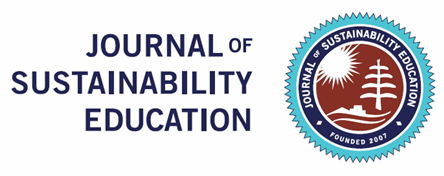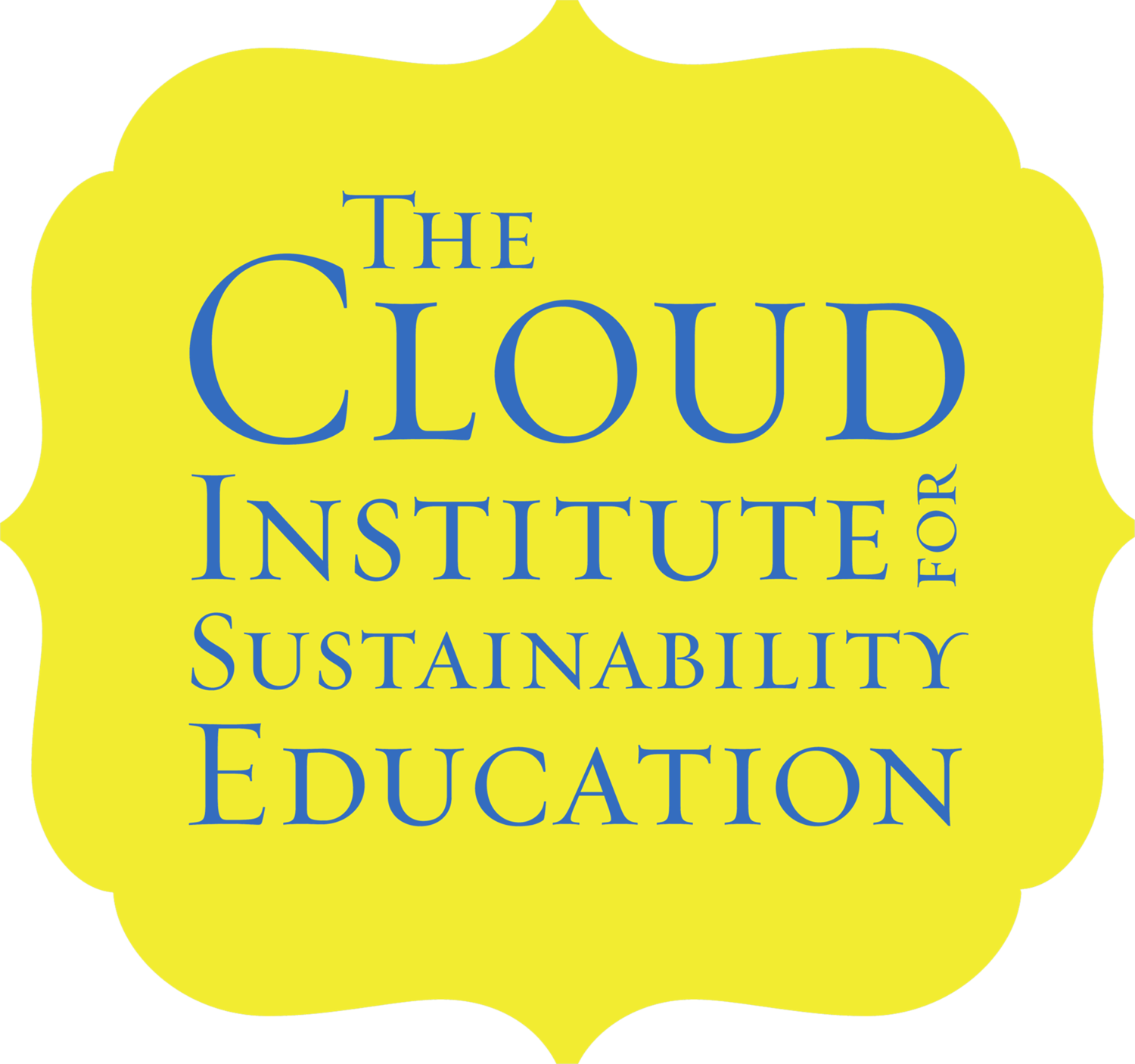The Journal of Sustainability Education Publishes the 2014 “State of the Field” Issue
/By Jaimie P. Cloud, JSE Guest Editor
 I am proud to announce the first in a series of three issues of the Journal of Sustainability Education entitled, Sustainability Education: The State of the Field. As Guest Editor of this Journal series it has been my privilege to work with an outstanding Editorial team who designed this series for one purpose - To create benchmarks for Sustainability Education by asking the thought leaders and scholars who have created and continue to study EfS to address the following questions:
I am proud to announce the first in a series of three issues of the Journal of Sustainability Education entitled, Sustainability Education: The State of the Field. As Guest Editor of this Journal series it has been my privilege to work with an outstanding Editorial team who designed this series for one purpose - To create benchmarks for Sustainability Education by asking the thought leaders and scholars who have created and continue to study EfS to address the following questions:
What is Education for Sustainability (EfS)? What are the “essential ingredients” of EfS that distinguish it from other educational frameworks? What paradigms, knowledge, skills and attitudes characterize EfS? What instructional and engagement practices are congruent? What are the favorable organizational conditions that will make it possible? What types of school/community partnerships are key?
I invite you to go to the Journal of Sustainability Education to see the Table of Contents of this first issue in the series. Then I invite you to read my introduction to the series here, and finally to explore the Matrix we have created of the different author’s work. You will see that some authors have spent decades drilling down deeply into one aspect of Sustainability Education, while others have worked to conceptualize the whole system of EfS. Some have focused on content for one or two categories in our database template, and some have contributed material in all the categories. We have combined all grade levels here as a starting point - before we attempt over time to determine the developmental appropriateness of the different aspects of EfS for different age groups (although some of us have already begun to do that in our own work driven by the markets we serve). You can sort the data by author and by category and you are invited to compare and contrast the thinking represented there. Remember, the overarching question is “What is essential to Education for Sustainability?”
Sneak Preview of the next two issues:
The 2nd Issue in the Series: A Meta-Analysis
Fourteen years into the 21st Century, educators and decision makers on the ground must be able to trust that what they are doing, and what they are receiving in the way of assistance, meets the industry standards for EfS. In order for that to happen, we need to have agreed upon industry standards or “standards of excellence” for EfS. In the 2nd issue of the series, a core group of the thought leaders and scholars and a group of emerging scholars will come together to conduct a meta-analysis of our collective body of work with the goal of developing industry standards for EfS. These standards, which should come to represent the whole of our collective thinking to date, will be used by school administrators and Board members, text book publishers, parents, faculty, students and the community at large so that they can assess the extent to which their institutions are educating for a sustainable future, and to what extent they are meeting those industry standards. More importantly, these benchmarks can help us to produce and distribute the highest quality EfS programs, curricula and learning experiences, intentionally designed to accelerate the shift toward a healthy and sustainable future.
The 3rd Issue in the Series: Exemplars
For the 3rd issue in the series, we will invite educators worldwide to submit exemplars of curriculum units, courses, assessments, rubrics and other forms of explicit performance criteria, as well as student work samples (with aligned performance criteria) that meet the EfS Standards of Excellence that emerge from the meta analysis published in the 2nd issue.
Please let us know your thoughts about the first issues - we are feedback driven and would love to hear from you. cloudinstitute.org/contact-us
